Phlebotomy Duties In Hospital
Phlebotomy Careers
JUNE 19, 2025
Phlebotomy duties in Hospital: A Complete guide for Healthcare professionals Introduction Phlebotomy, the art and science of drawing blood for diagnostic testing, plays a crucial role in hospital healthcare settings. Accurate blood collection is vital for diagnosing diseases, monitoring patient health, and guiding treatment plans.





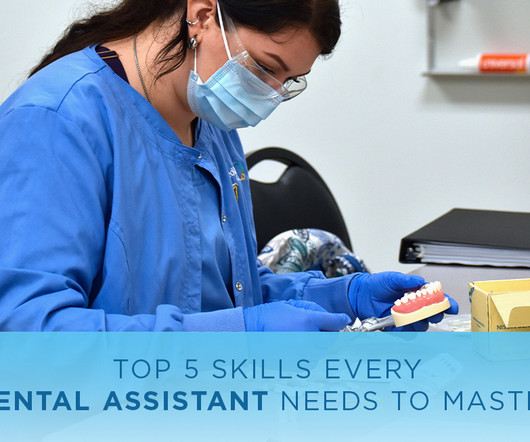
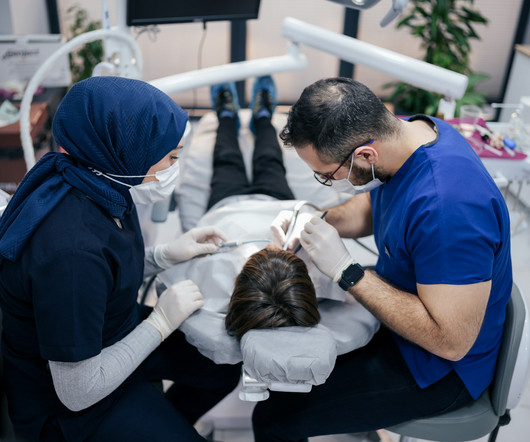
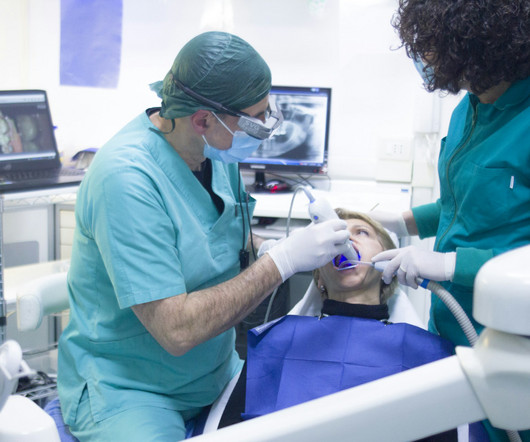
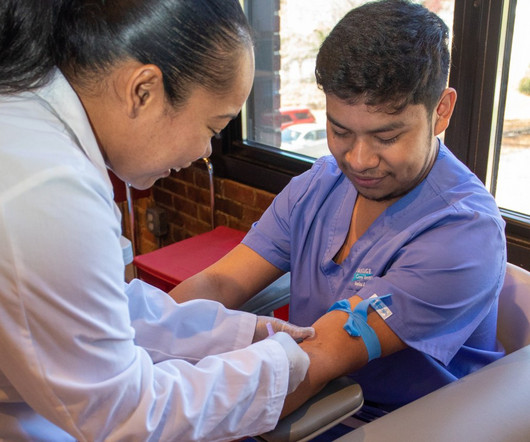

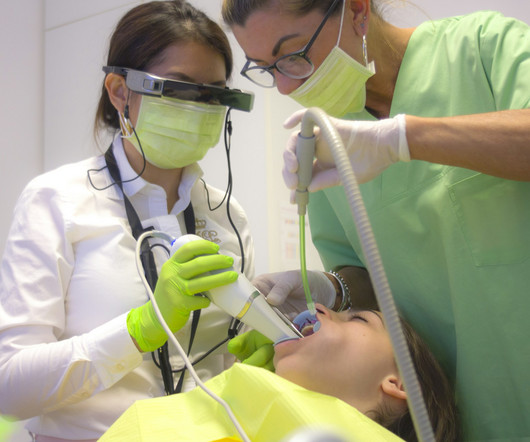
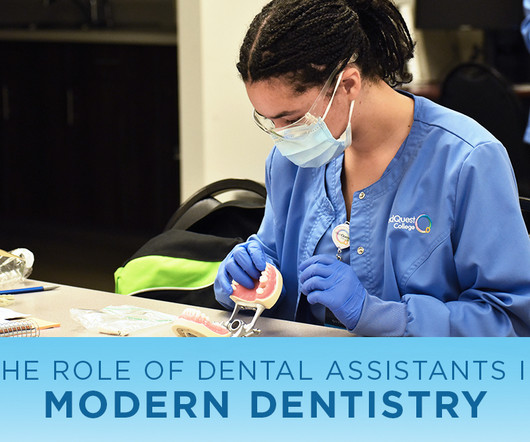






Let's personalize your content